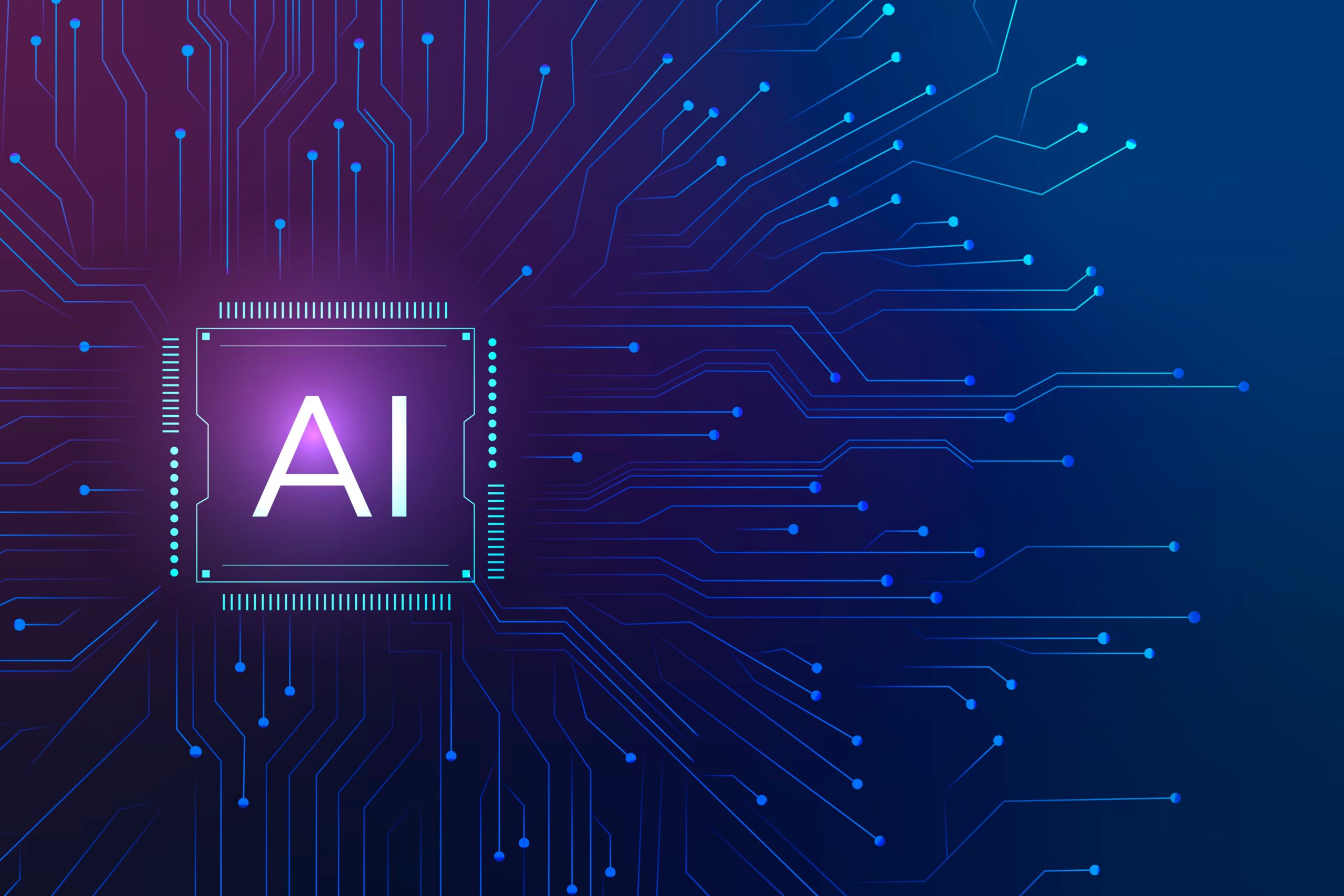As we enter 2025, the European Union’s Artificial Intelligence (EU AI) Act is set to become a defining force in the AI landscape. This groundbreaking regulation aims to create a unified approach to AI governance, balancing innovation with the protection of citizens’ rights. It’s not just a legal framework—it’s a catalyst for ensuring AI development is responsible, ethical, and aligned with societal values.
Here’s a closer look at the opportunities and challenges the EU AI Act presents, as well as its potential to shape the future of AI in 2025.
The Vision Behind the EU AI Act

The EU AI Act, formally known as Regulation (EU) 2021/0106, is the world’s first comprehensive set of AI regulations. It sets the stage for ensuring AI technologies benefit society without compromising security, human rights, or ethical standards.
- Safety and Transparency: High-risk AI systems must undergo thorough risk assessments to ensure they are safe, fair, and transparent.
- Global Impact: The EU AI Act will influence how AI is developed and deployed globally, setting a high bar for responsible AI practices.
Opportunities for the AI Ecosystem in 2025

The EU AI Act opens several exciting possibilities for businesses, consumers, and the AI community:
Global Standardization of AI Ethics
- The Act sets the foundation for global discussions on AI ethics, establishing common guidelines for the development of AI systems that are transparent, accountable, and fair.
- Long-term impact: These international standards will ensure that AI technologies align with ethical principles, benefiting industries across healthcare, finance, transportation, and more.
Enhanced Consumer Trust
- Transparency breeds trust: Clear safety requirements and ethical considerations help foster trust in AI systems. As AI becomes more embedded in daily life, from healthcare to finance, consumers will feel more secure knowing that AI technologies are governed by well-established standards.
Fostering Responsible Innovation
- The EU AI Act encourages businesses to develop AI that is not only efficient but also ethical, prioritizing human rights and societal good.
- Positive outcomes: This could spur innovations in sectors like personalized healthcare, sustainable development, and inclusive services.
Competitive Edge for EU Companies
- Companies in the EU will be ahead of the curve in understanding and implementing AI regulations, giving them a competitive advantage in global markets.
- By aligning with ethical AI practices, EU-based businesses can distinguish themselves as leaders in the responsible AI space.
Challenges to Overcome
Despite its potential, the EU AI Act presents some significant hurdles that businesses will need to address:
Implementation Costs and Complexity
- Smaller businesses and startups may find the cost and complexity of compliance overwhelming, particularly in areas like risk assessments and transparency measures.
- Resource challenges: Ensuring compliance may require significant investments in technology and legal support.
Balancing Innovation with Regulation
- While the EU AI Act sets essential safeguards, there’s a concern that it could stifle innovation if the regulations are too restrictive.
- Innovation slowdown: Overly stringent rules could delay the development and deployment of breakthrough AI technologies, especially in fast-evolving sectors.
Global Variations in AI Regulations
- The EU AI Act introduces a new regulatory framework, but not all regions have similar regulations. Companies that operate internationally may face challenges in aligning with multiple regulatory frameworks.
- Navigating compliance: Businesses may experience difficulties in maintaining compliance across different regions, potentially hindering global product launches.
Data Privacy and Security Concerns
- AI systems require large volumes of data, but this raises concerns about how data privacy laws will be enforced, especially with personal data.
- Striking the right balance: Developers will need to ensure AI systems comply with privacy regulations while maintaining their effectiveness.
The Role of Responsible AI and Ethics
At the core of the EU AI Act is the commitment to responsible AI. The Act emphasizes the importance of AI systems that are:
- Transparent: Users must be able to understand how AI systems make decisions.
- Explainable: Decisions made by AI should be understandable, even by non-experts.
- Accountable: Developers and organizations must take responsibility for the outcomes of AI systems.
The Act also stresses the need for human oversight, especially in high-risk applications like healthcare and criminal justice, where the consequences of AI decisions can be profound.
What Lies Ahead for AI in 2025?
As the EU AI Act is implemented, we can expect a more regulated and ethical AI ecosystem. While businesses will need to navigate the complexities of compliance, this regulation offers the chance to reshape AI as a force for societal good.
Key Benefits:
- AI systems will be more trustworthy and aligned with ethical values.
- Companies will be empowered to innovate responsibly, ensuring that AI enhances rather than compromises societal wellbeing.
Potential Roadblocks:
- Smaller businesses may face challenges in meeting compliance requirements.
- The risk of overly restrictive measures potentially stifling innovation remains a concern.
Conclusion: A Responsible AI Future
The EU AI Act is more than just a set of regulations—it’s a blueprint for the future of AI. By balancing innovation with ethical considerations, it lays the foundation for a future where AI serves humanity’s best interests.


